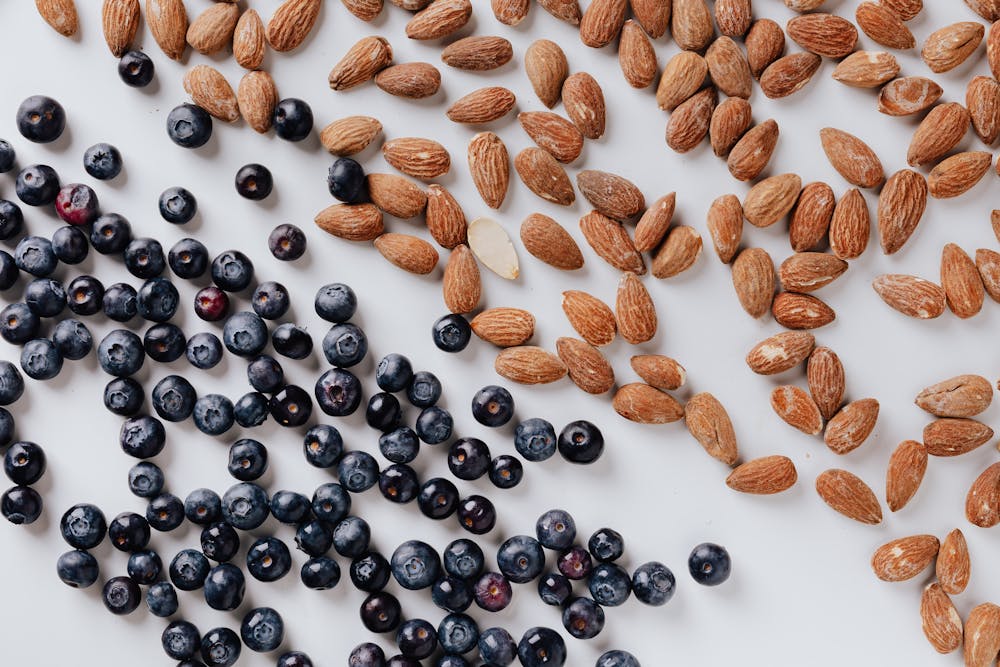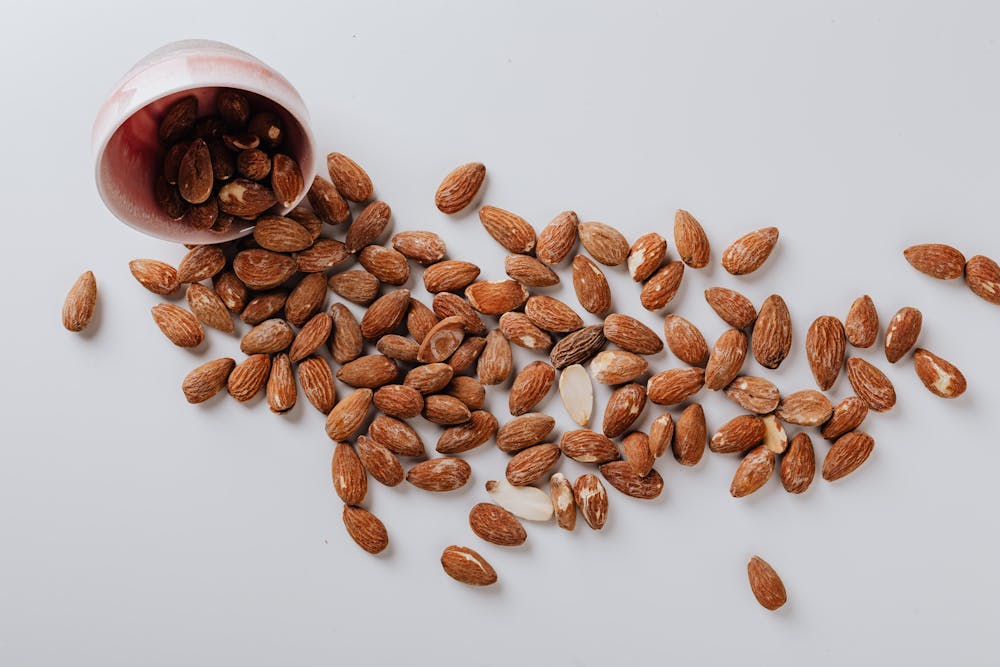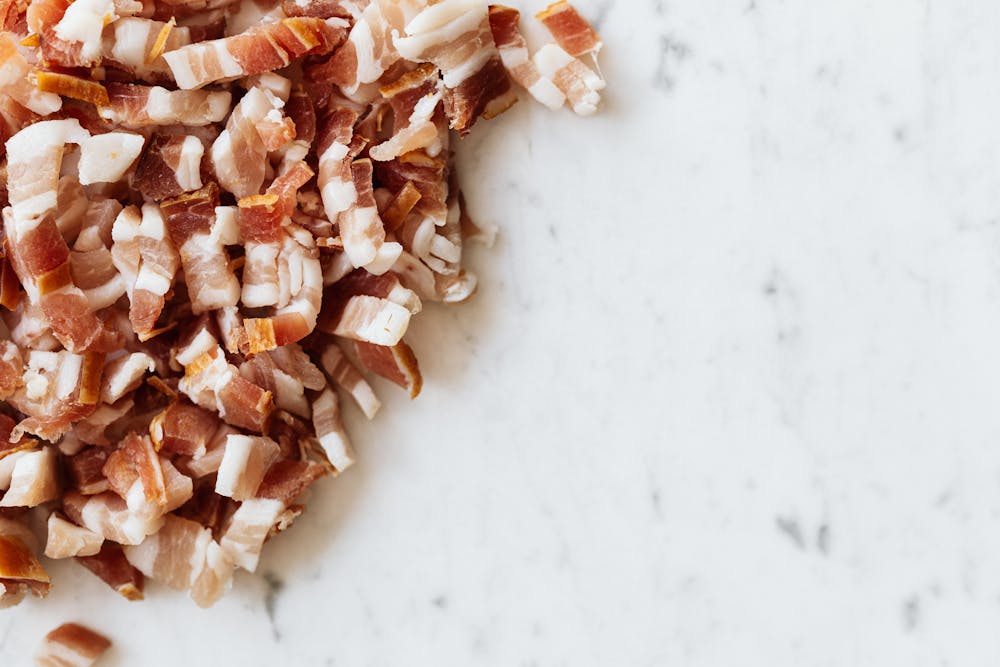As I’ve delved deeper into my health and fitness journey, one question that often arises is: How much protein do I really need? In this article, I’ll share my personal insights and experiences on the topic of protein intake, exploring its importance, the factors influencing individual needs, and how to determine the right amount for optimal health and performance.
 Protein is often hailed as the building block of life, and for good reason. It plays a crucial role in the growth, repair, and maintenance of tissues throughout the body, including muscles, bones, skin, and hair. Additionally, protein is essential for the production of enzymes, hormones, and antibodies, and plays a key role in supporting immune function, metabolism, and overall health.
Protein is often hailed as the building block of life, and for good reason. It plays a crucial role in the growth, repair, and maintenance of tissues throughout the body, including muscles, bones, skin, and hair. Additionally, protein is essential for the production of enzymes, hormones, and antibodies, and plays a key role in supporting immune function, metabolism, and overall health.
 The recommended daily intake of protein varies depending on factors such as age, sex, weight, activity level, and overall health status. While there is no one-size-fits-all answer to how much protein you need, general guidelines suggest that most adults should aim for around 0.8 to 1 gram of protein per kilogram of body weight per day. However, athletes, individuals engaging in intense physical activity, and those looking to build muscle or support recovery may require higher protein intake, ranging from 1.2 to 2 grams per kilogram of body weight per day.
The recommended daily intake of protein varies depending on factors such as age, sex, weight, activity level, and overall health status. While there is no one-size-fits-all answer to how much protein you need, general guidelines suggest that most adults should aim for around 0.8 to 1 gram of protein per kilogram of body weight per day. However, athletes, individuals engaging in intense physical activity, and those looking to build muscle or support recovery may require higher protein intake, ranging from 1.2 to 2 grams per kilogram of body weight per day.
 Moreover, the timing and distribution of protein intake throughout the day can also impact its effectiveness in supporting muscle growth, repair, and recovery. Consuming protein-rich foods or supplements within 30 minutes to two hours after exercise can help maximize muscle protein synthesis and enhance recovery. Additionally, spreading protein intake evenly across meals and snacks throughout the day can help optimize muscle protein synthesis and support overall health and performance.
Moreover, the timing and distribution of protein intake throughout the day can also impact its effectiveness in supporting muscle growth, repair, and recovery. Consuming protein-rich foods or supplements within 30 minutes to two hours after exercise can help maximize muscle protein synthesis and enhance recovery. Additionally, spreading protein intake evenly across meals and snacks throughout the day can help optimize muscle protein synthesis and support overall health and performance.
 When it comes to meeting protein needs, it’s important to focus on quality as well as quantity. While animal-based sources such as meat, poultry, fish, eggs, and dairy products are rich sources of complete protein, plant-based sources such as beans, lentils, tofu, tempeh, nuts, seeds, and whole grains can also provide ample protein when consumed in combination. By incorporating a variety of protein-rich foods into your diet, you can ensure that you’re meeting your protein needs while also reaping the nutritional benefits of a diverse and balanced diet.
When it comes to meeting protein needs, it’s important to focus on quality as well as quantity. While animal-based sources such as meat, poultry, fish, eggs, and dairy products are rich sources of complete protein, plant-based sources such as beans, lentils, tofu, tempeh, nuts, seeds, and whole grains can also provide ample protein when consumed in combination. By incorporating a variety of protein-rich foods into your diet, you can ensure that you’re meeting your protein needs while also reaping the nutritional benefits of a diverse and balanced diet.
 In conclusion, protein is a vital nutrient that plays a crucial role in supporting overall health, performance, and well-being. While individual protein needs may vary based on factors such as age, weight, activity level, and overall health status, aiming for a moderate intake of high-quality protein from a variety of sources can help ensure that you’re meeting your nutritional needs and supporting optimal health and performance. As I continue to prioritize protein in my own diet, I’m committed to finding the right balance that supports my health and fitness goals while also enjoying a varied and satisfying diet.
In conclusion, protein is a vital nutrient that plays a crucial role in supporting overall health, performance, and well-being. While individual protein needs may vary based on factors such as age, weight, activity level, and overall health status, aiming for a moderate intake of high-quality protein from a variety of sources can help ensure that you’re meeting your nutritional needs and supporting optimal health and performance. As I continue to prioritize protein in my own diet, I’m committed to finding the right balance that supports my health and fitness goals while also enjoying a varied and satisfying diet.

